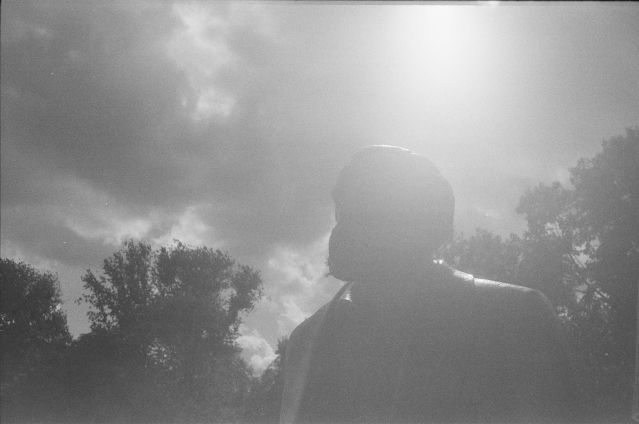How Socialist Thinkers Thought About Psychotherapy. Friedrich Engels' thoughts on the political dimensions of psychological health. Reviewed by Michelle Quirk

KEY POINTS-
- Engels draws lines between the psychology of working people and the changes of late industrialisation.
- Engels insinuated that conditions lacking good mental health prospects must be overturned with struggle.
- Psychotherapy must not be a luxury good for the upper-middle classes.
Friedrich Engels published his The Condition of the Working Class in England (1845) in the same year that the UK parliament passed the Lunacy Act, which formed the backbone of mental health law in England and Wales from 1845 to 1890 and still has many repercussions, through the applications of case law, on today’s legal practice.

The Lunacy Act actively enmeshed—descriptively correct, perhaps, from the perspective of the upper-class Victorian Englishmen—the conditions of poverty and “mental illness.” The County Asylums Act of 1808, to which the Lunacy Act referred, had already established institutions, so-called "asylums," “for the poor, the criminally-insane, and the mentally ill.” The Lunacy Act boxed together criminality and mental health into the category of the “lunatic.” The Lunacy Act and Engel’s study of the working class in England, which can in parts be read as a direct response to those juridical changes, fall into the same history period. Many of those prejudices linger today.
In his writing, Engels draws lines between the psychology of working people and the economic and political changes taking place through the processes of late industrialisation. He describes conditions, not unlike ours, in which the prospects for good mental health are severely lacking. Those conditions, he insinuates, can only be overturned through struggle. Otherwise, without political action, the conditions will remain completely unproductive for the emergence of a “socialist psychology.” Engels writes:
All conceivable evils are heaped upon the heads of the poor. If the population of great cities is too dense in general, it is they in particular who are packed into the least space. As though the vitiated atmosphere of the streets were not enough, they are penned in dozens into single rooms, so that the air which they breathe at night in itself is enough to stifle them [...]. They are supplied bad, tattered or rotten clothing, adulterated and indigestible food. They are exposed to the most exciting changes of mental condition, the most violent vibrations between hope and fear; they are hunted like game, and not permitted to attain peace of mind and quiet enjoyment of life. They are deprived of all enjoyments except that of sexual indulgence and drunkenness, are worked every day to the point of complete exhaustion of their mental and physical energies and are thus constantly spurred on in the only two enjoyments at their command. And if they surmount all this, they fall victims to want of work in a crisis when all the little is taken from them that had hitherto been vouchsafed to them (Engels, 1845, pp. 108–109, emphasis added).
Engels' words show that psychotherapy isn’t meagre bourgeoise intellectual bickering but is socially as well as individually significant. The “proletarianisation” and simultaneous “politicisation” of psychotherapy (basic mental health care) is an indispensable building block of social transformation. That, however, is nothing new: Marx called it ideology-critique.
Itself an epistemic (although often mistaken for being a moral) instrument, ideology-critique must not stop at the exposure of the structuring of sociological entities, such as the classes, but must also investigate the individual’s psychology (and the ills thereof). In practice, that means that psychotherapy must not remain a luxury good for the upper-middle classes, feeding back into the capitalist machine the subjects of the ills it has produced.
Whoever feels invested in social change must take seriously the struggle for easily accessible mental health care. By that, I mean a communal and easily accessible process of psychoanalytic discovery aimed at collective political agency, bound in its analysis not alone to the psychic structures at play but also to the social structures in which it is embedded.
- Questions and Answers
- Opinion
- Motivational and Inspiring Story
- Technology
- Live and Let live
- Focus
- Geopolitics
- Military-Arms/Equipment
- Segurança
- Economy/Economic
- Beasts of Nations
- Machine Tools-The “Mother Industry”
- Art
- Causes
- Crafts
- Dance
- Drinks
- Film/Movie
- Fitness
- Food
- Jogos
- Gardening
- Health
- Início
- Literature
- Music
- Networking
- Outro
- Party
- Religion
- Shopping
- Sports
- Theater
- Health and Wellness
- News
- Culture

